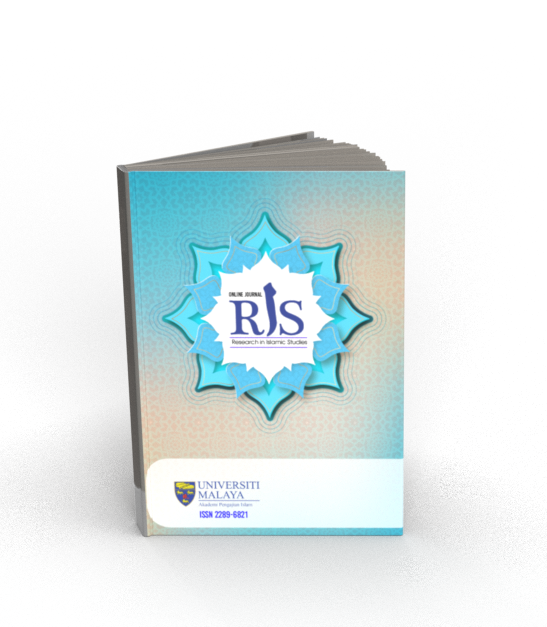Main Article Content
Abstract
This paper employs an inductive methodology to elucidate the essence of leadership from the Islamic perspective, highlighting distinctive characteristics and traits of Islamic leaders. The study also presents and clarifies the five theories of leadership and their three styles from the standpoint of contemporary thought of management and leadership sciences. Additionally, it provides an overview of leadership in the educational field, The paper concludes by asserting that Islamic philosophy offers a unique model of leadership that differs from other theories. Islamic leadership is exemplified through the life, actions, and various situations of the Prophet, emphasizing its significant importance, great trust, and profound responsibility. Islamic philosophy mandates that Muslims choose their leader through consultation (shura), urging them not to leave the leadership position vacant for an extended period, as it may lead to significant corruption. Simultaneously, it prohibits individuals from seeking leadership or imposing themselves on the Islamic community due to the distinctive style of Islamic leadership, in contrast to other models in contemporary organizations and governments. Islamic leadership is characterized by moderation and balance, avoiding authoritarianism, rigidity, leniency, control, or absolute democracy. Unlike other worldly theories and philosophies, it is a divine philosophy distinguished by justice, wisdom, stewardship of the Earth, and responsibility towards God and creation.
Keywords
Article Details
Copyright (c) 2024 Online Journal of Research in Islamic Studies

This work is licensed under a Creative Commons Attribution-NonCommercial 4.0 International License.
Copyright Notice
By submitting manuscripts to the Online Journal of Research in Islamic Studies (RIS), authors agree to transfer copyright to the journal. However, authors may republish their work or grant others permission to republish it; in which case it should be accompanied by a proper acknowledgment that the work was originally published in the Online Journal of Research in Islamic Studies (RIS). The journal adopt CC-BY-NC licence which authors may also share and distribute their article anywhere of non-commercial website, social media and repositories immediately on publication.
Authors may also reuse the Abstract and Citation information (e.g. Title, Author name, Publication dates) of their article anywhere at any time including social media such as Facebook, blogs and Twitter, providing that where possible a link is included back to the article on the journal site.
